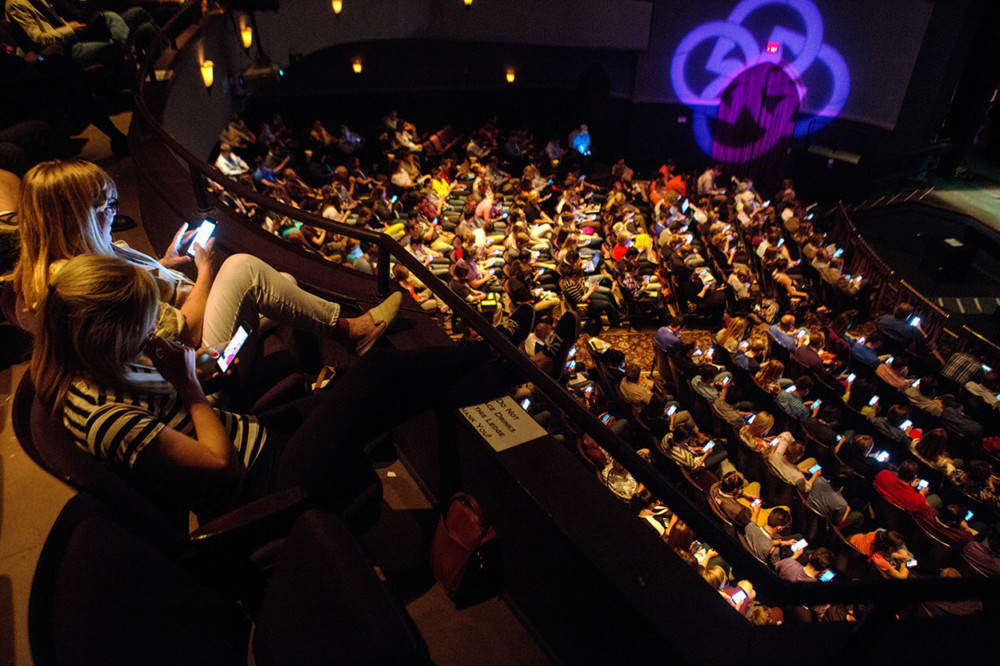By Matthew Patane
The Gazette, Cedar Rapids, Iowa
WWR Article Summary (tl;dr) Great Q&A with Neil Blumenthal, co-founder and co-CEO of online glasses retailer Warby Parker. He says, “There’s never been a better time to start a business in America.”
The Gazette, Cedar Rapids, Iowa
Start-up founders don’t have to be “crazy risk takers” in Neil Blumenthal’s mind.
Instead, entrepreneurs can and should learn how to “de-risk” the leap into starting a company, including whether to leave their current job.
“There’s always a tipping point where you have to leave your job, but the point is, know where that point is before you quit,” said Blumenthal, the co-founder and co-CEO of online glasses retailer Warby Parker. “Because frankly being in the workforce, you’re probably more likely to see opportunities for innovation, opportunities for new businesses as opposed to just sitting at home in your garage.”
Blumenthal will give a keynote speech at EntreFEST in Iowa City Thursday. This week’s event, which runs for two days and will take over the downtown Pedestrian Mall, marks a return for EntreFEST after a year off in 2016.
Marketed as part conference and part festival, EntreFEST is a large gathering for the state’s entrepreneurs, innovators, investors and others involved in the start-up community.
Warby Parker launched in 2010, selling eyewear direct to consumers online. While it started as an e-commerce business, Warby Parker now operates 50 brick-and-mortar stores around the United Staters and has a lens manufacturing facility, Blumenthal said.
Blumenthal spoke with The Gazette Tuesday about his New York-based company and his thoughts on building a business. Here are excerpts from that interview.
Question: What do you plan to talk about at EntreFEST?
A: The big thing is the journey of Warby Parker and how the best businesses solve real problems and that we all have the ability to be entrepreneurial in every aspect of our life. … I think the other thing we think a lot about is, what is the role of business in the world.
We think that businesses can be forces for good and the framework for that is to really be stakeholder-centric, to think about shareholders alongside customers, employees, the environment and the community at large.
Question: Why should start-ups, which face plenty of challenges, focus on social responsibility?
A: I hope to get to a point where businesses don’t need to justify every positive impact they create in terms of profitability. I think there’s a very strong argument to be made that, in the long run, more sustainable companies are more profitable.
… I can tell you that our experience (with a mission-driven company), we are able to recruit and retain amazing talent and it’s the No. 1 reason people come to work at Warby Parker is our social mission and our overall mission.
Question: Does location matter when you’re trying to build a company?
A: Location impacts the development of a company. … The entrepreneurial start-up community in New York is smaller than in the (San Francisco) Bay Area, even though New York is a far larger city.
But because the start-up community is a little bit smaller, it’s more intimate. People are more apt to help one another, and I think it would be the same way in Iowa City and in parts of the Midwest. That’s an advantage.
Where there may be disadvantages is because … there haven’t been as many companies who have achieved scale over the last decade or two — there are fewer executives or midlevel or senior managers that have seen high-growth that a start-up can hire.
Question: Is it a good time to start a company?
A: There’s never been a better time to start a business in America. The cost of starting a new business has never been lower, and there’s quite a lot of venture capital out there. What I would say, however, is that we need more people to debunk the myth that entrepreneurs are crazy risk takers that risk it all to start their business.
Question: What are your thoughts on the future of the retail industry?
A: A lot of large retailers and small retailers have neglected their customers for now several decades and it’s coming home to roost. People are obviously going to continue to buy goods and services, but their expectation of value and service and convenience is higher than a lot of these traditional retailers are delivering.














































































































































































































































































































































































